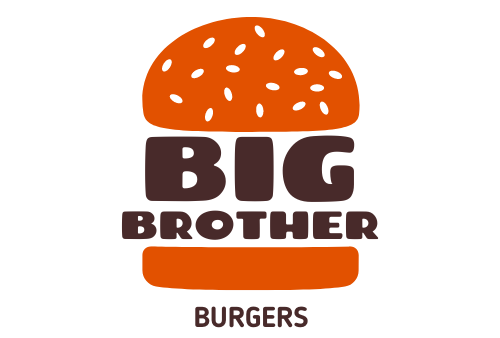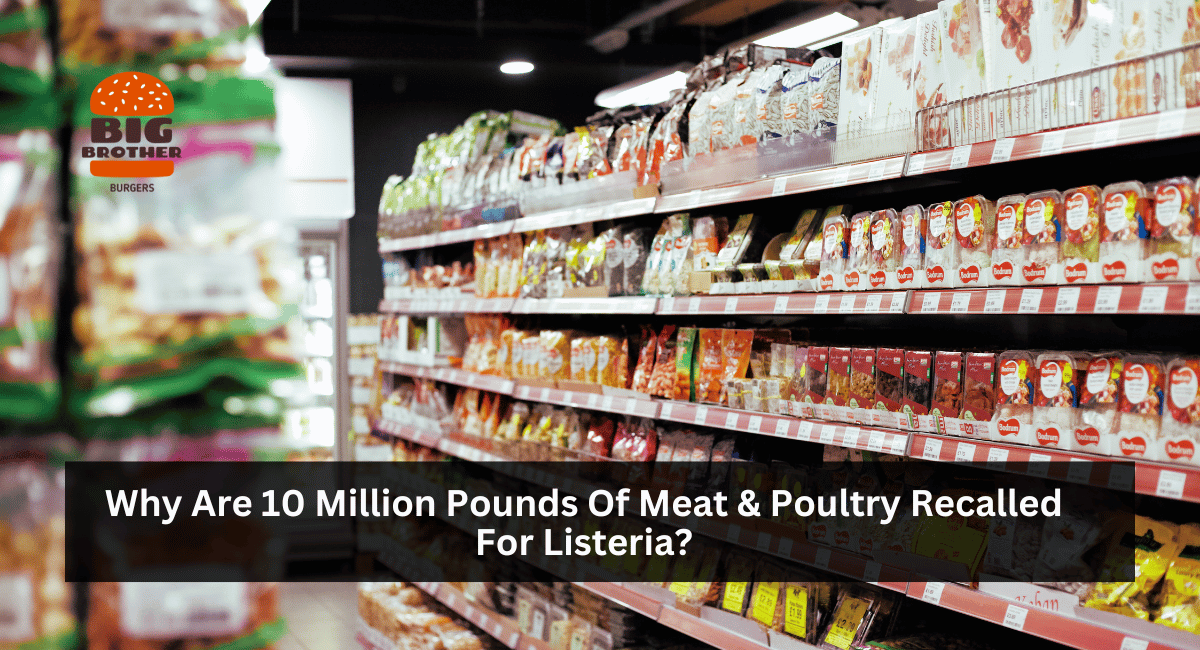If you’ve recently stocked up on prepackaged meat and poultry products, it’s time to check your fridge and freezer. A significant recall affecting approximately 9.9 million pounds of meat and poultry has been announced due to potential listeria contamination.
This recall includes popular items found at stores like Trader Joe’s, Walmart, and H-E-B.
What’s Happening with the Recall?
On Wednesday, the Food and Drug Administration (FDA) disclosed that BrucePac, an Oregon-based food distributor, recalled these prepackaged meat products after listeria was detected during routine testing.
The recalled items include a variety of premade dishes that many shoppers rely on for convenience.
Listeria monocytogenes is a type of bacteria that can cause severe illness, particularly in pregnant women, older adults, and individuals with weakened immune systems. Symptoms can include fever, muscle aches, and gastrointestinal distress.
Given its serious health risks, it’s crucial for consumers to be aware of this recall and to check their food supplies.
Details of the Recalled Products
The recalled items span multiple grocery chains and include popular prepared meals. Here’s a comprehensive list of affected products, along with their best by or use-by dates:
- H-E-B Chicken Broccoli & Rice Casserole: Best by date 080925
- H-E-B Texas Ranch Chicken Casserole: Best by date 082725
- H-E-B Texas Ranch Style Chicken with Ranchero Beans & Mexican Style Rice: Best by date 090325
- Trader Joe’s Lemon Chicken & Arugula Salad: Best by dates between 9/09/24 and 10/14/24
- Trader Joe’s Tarragon Chicken Salad Wrap: Best by dates between 9/09/24 and 10/14/24
- Trader Joe’s Turkey Club Wrap: Best by dates between 9/09/24 and 10/14/24
- Fresh Express Gourmet Cafe Salads Chicken Caesar (6.3 oz): Use by date before 10/23/2024
- Fresh Express Gourmet Cafe Salads Santa Fe Style (6.3 oz): Use by date before 10/11/2024
- Little Salad Bar Santa Fe Style Salad (6.3 oz): Use by date before 10/16/2024
- Marketside Caesar Salad With Chicken (6.25 oz): Use by date before 10/19/2024
- Marketside Santa Fe Style Salad With Chicken (6.35 oz): Use by date before 10/15/2024
- Marketside Caesar Salad With Chicken (12 oz): Use by date before 10/13/2024
- Marketside Southwest Style Salad with Chicken (11.75 oz): Use by date before 10/13/2024
- Little Salad Bar Chicken Caesar Salad (6.3 oz): Use by date before 10/20/2024
- HMS Chicken Alfredo: Use by dates between 8/25/2025 and 10/8/2025
Why Do These Recalls Keep Happening?
Recalls of this magnitude raise an essential question: Why do food safety issues like listeria continue to occur?
- Complex Supply Chains: The food supply chain is intricate, often involving numerous steps from production to distribution. With so many parties involved, it can be challenging to maintain consistent safety standards across the board.
- Testing Protocols: Some pathogens can slip through the cracks despite stringent testing. Listeria can be elusive, thriving in environments that may not be apparent during standard inspections.
- Consumer Trends: With the rising popularity of prepackaged and ready-to-eat meals, the demand for quick, convenient food options is more significant than ever. This increased production can lead to rushed processing, potentially compromising safety measures.
- Environmental Factors: Listeria can be found in various environments, including soil and water. If not managed properly, it can contaminate food during processing or packaging.
- Food Processing Plants: Many listeria outbreaks are traced back to processing plants where conditions might not be sufficiently sanitary. Regular maintenance and thorough cleaning are vital, but sometimes, they need to catch up.
What Should Consumers Do?
If you have purchased any of the recalled items, it is critical to take the following steps:
- Check Your Products: Look through your fridge and freezer for the above-referenced products. Check the packaging for the specified best-by or use-by dates.
- Dispose of Affected Items: If you find recalled items, dispose of them immediately. Please do not attempt to consume these products, as they could pose a health risk.
- Stay Informed: Follow updates from the FDA and other food safety organizations regarding recalls. You can sign up for alerts to stay updated on food safety issues.
- Report Illness: If you suspect you’ve consumed contaminated food and are experiencing symptoms, contact your healthcare provider and report the incident to your local health department.
Conclusion
Food recalls can be alarming, especially when they involve many products. The recent 9.9 million-pound meat and poultry recall highlights the importance of food safety and vigilance in monitoring the items we bring into our homes.
While it’s unfortunate that listeria outbreaks occur, consumers can take proactive steps to stay safe. Always stay informed, and when in doubt, throw it out. Your health is worth it.
READ MORE: Krispy Kreme Provides Free Doughnuts to Celebrate Its Expanded McDonald’s Partnership

